New documents have been revealed detailing Apple's arguments against a U.S. International Trade Commission decision that granted Samsung a ban on the iPhone 4 and iPad 2, with the Cupertino company saying the repercussions of such an injunction extend far beyond America's borders.
A pair of submissions to the United States Trade Representative (USTR), the government body granted veto authority over ITC import ban decisions, outline both Apple and Samsung's arguments pertaining to the limited injunction against Apple's products issued earlier in June. The decision was based on infringement of a patent Samsung at one point declared standard essential, meaning it promised to license the property under fair, reasonable and non-discriminatory (FRAND) terms.
FOSS Patents' Florian Mueller was able to obtain copies of the two parties' filings, and reports Apple's submission indicates that "USTR has decided to conduct a full review," looking for a veto of the ITC order. Further, the company claims the "decision makes the ITC an outlier internationally and domestically," an opinion reached after the trade body made rulings contrary to its pro-Samsung ban.
Previously, the ITC was careful not to issue injunctions based on SEPs, making the Apple product ban somewhat surprising.
Samsung of course argued that the import ban be upheld, saying other ongoing ITC investigations involving the Korean company's SEPs will be "more appropriate opportunities for the ITC and/or the USTR to weigh in on the potential abuse of SEPs at the ITC."
Mueller noted that, while not complete, the redacted Apple submission shed light on the ITC's decision making process. The opinion claims the ITC's analysis focused "exclusively on its views regarding the immediate, short-term effects from excluding older Apple products from the U.S. market," but "wholly failed to engage with the policy dimensions of its decision." It is the duty of the ITC to take public interest into consideration, but Apple is saying the body may have weighed too heavily against possible policy ramifications.
Apple asserts that the decision will result in "the long-term, dynamic harm to competition and innovation in the United States that would come from subverting the standard-setting process and facilitating patent hold-up."
Mueller considers Apple's strongest argument is the fact that other companies could be affected internationally by the ITC's actions.
From Apple's submission:
"That could well cause other jurisdictions to reverse course and begin excluding American goods— including computers, mobile devices, and other consumer electronics— from their markets based on FRAND-committed patents. The United States would be unable to protest, given the actions of its own ITC."
In addition, the ITC didn't extend to Apple a grace period in which to make changes necessary to not infringe on Samsung's 3G patent. The body gave a 40-day grace period to HTC in a separate but related patent case.
As for Samsung, the company claims an import ban against the iPhone 4 and iPad 2 "raises no economic policy concerns sufficient to take the extraordinary and nearly unprecedented step" of overturning the ITC's decision. The company's submission goes on to say no material impact will be felt by the injunction, an argument Apple successfully used against HTC in its ban against certain phones infringing on data detector patents.
Further, the Korean company said Apple is an "unwilling licensee to Samsung's portfolio of declared essential patents, including the '348 patent at issue here." As pointed out by Mueller, the claim of unwillingness to negotiate on Apple's part is inconsistent with another statement in the document saying "[t]he Commission's Opinion sets forth the parties' license negotiations in great detail."
If the decision is not vetoed within the 60-day Presidential review period, the ban will go into effect and Apple will have to take up the issue with the United States Court of Appeals for the Federal Circuit.
 AppleInsider Staff
AppleInsider Staff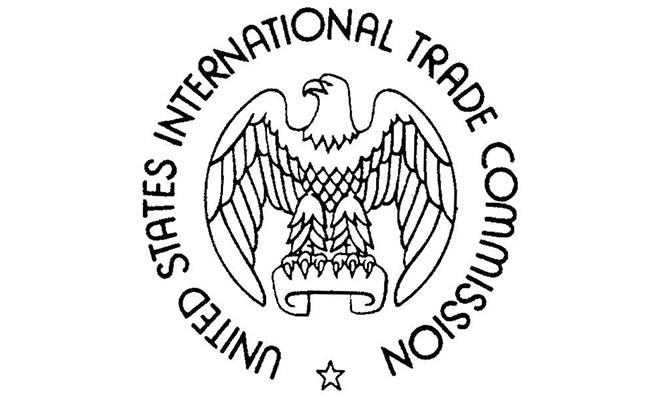

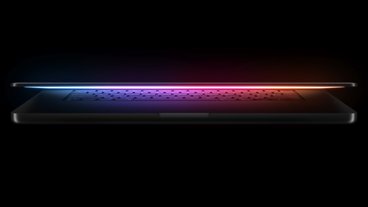


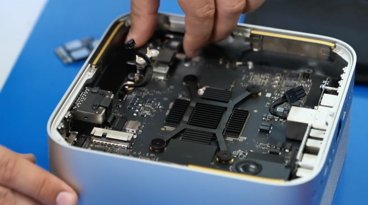








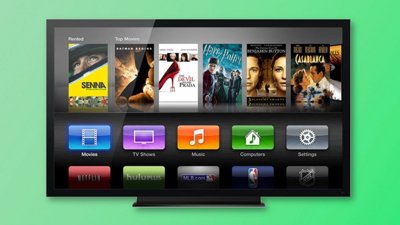
 Charles Martin
Charles Martin
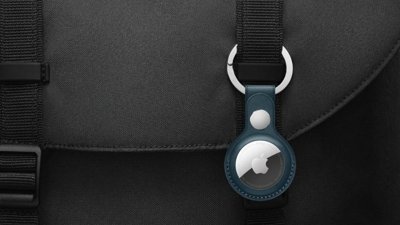
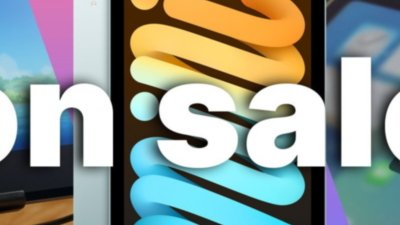
 Christine McKee
Christine McKee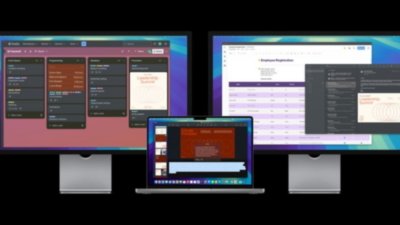
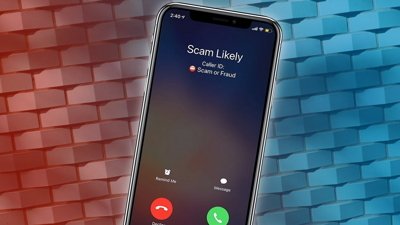

 Oliver Haslam
Oliver Haslam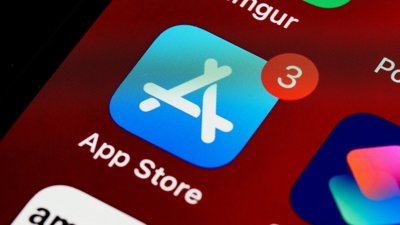
 William Gallagher
William Gallagher








12 Comments
Samsung rips off Apple then Apple gets banned. Lovely.
Upside down.
A good way to not get burned: don't play with matches in the first place.
In addition, the ITC didn't extend to Apple a grace period in which to make changes necessary to not infringe on Samsung's 3G patent. The body gave a 40-day grace period to HTC in a separate but related patent case.
Did Apple express a desire to update their software so that they're not infringing on Samsung's 3G patent? If so, that's pretty lame that a grace period wasn't issued.
Something tells me that this wasn't the case though as they're currently appealing the decision.
[quote name="DroidFTW" url="/t/158262/apple-says-itc-failed-in-decision-to-ban-iphone-and-ipad-imports#post_2353261"] Did Apple express a desire to update their software so that they're not infringing on Samsung's 3G patent? If so, that's pretty lame that a grace period wasn't issued. Something tells me that this wasn't the case though as they're currently appealing the decision. [/quote] As its an SEP, that might not be possible. But there is a principle in the matter. If they are going to grant one company time to fix, they should do it with all